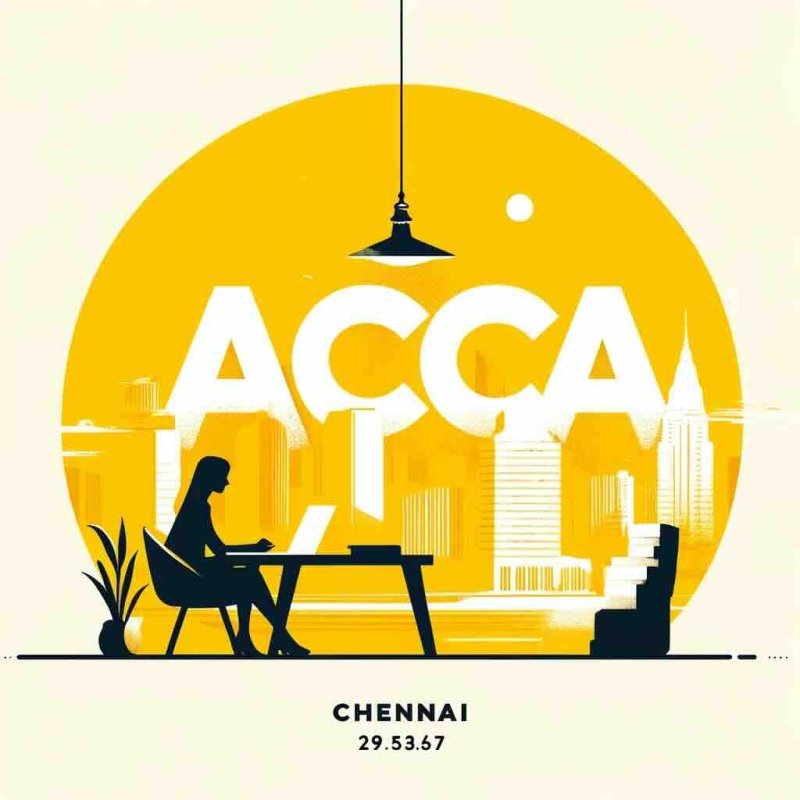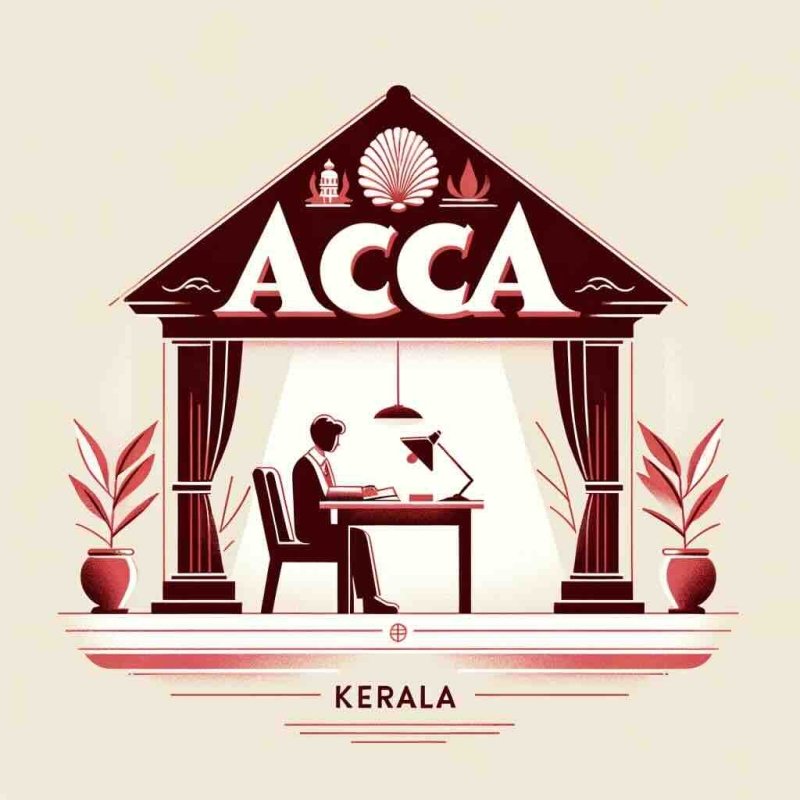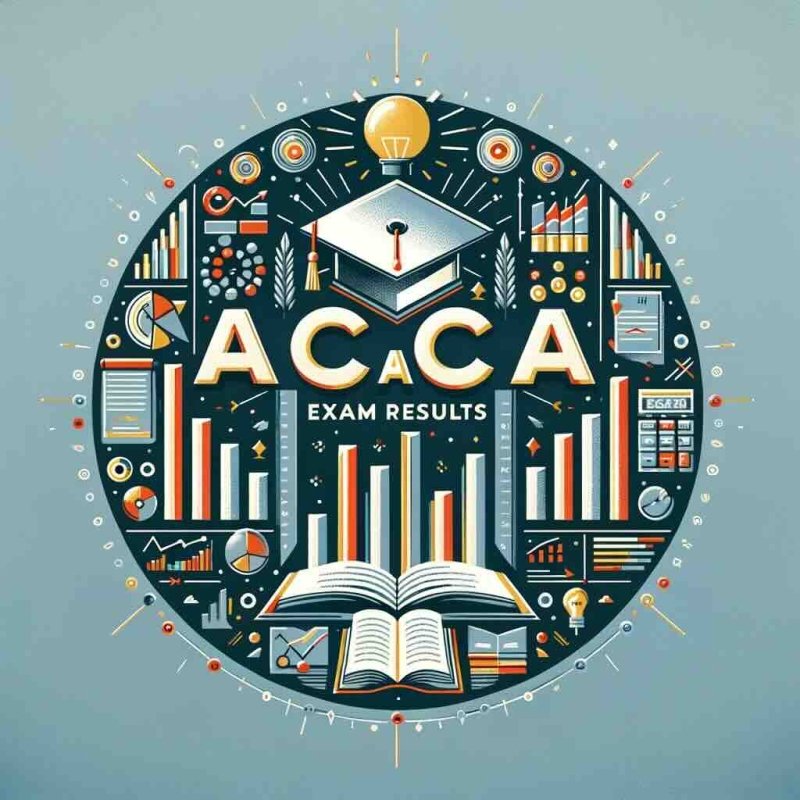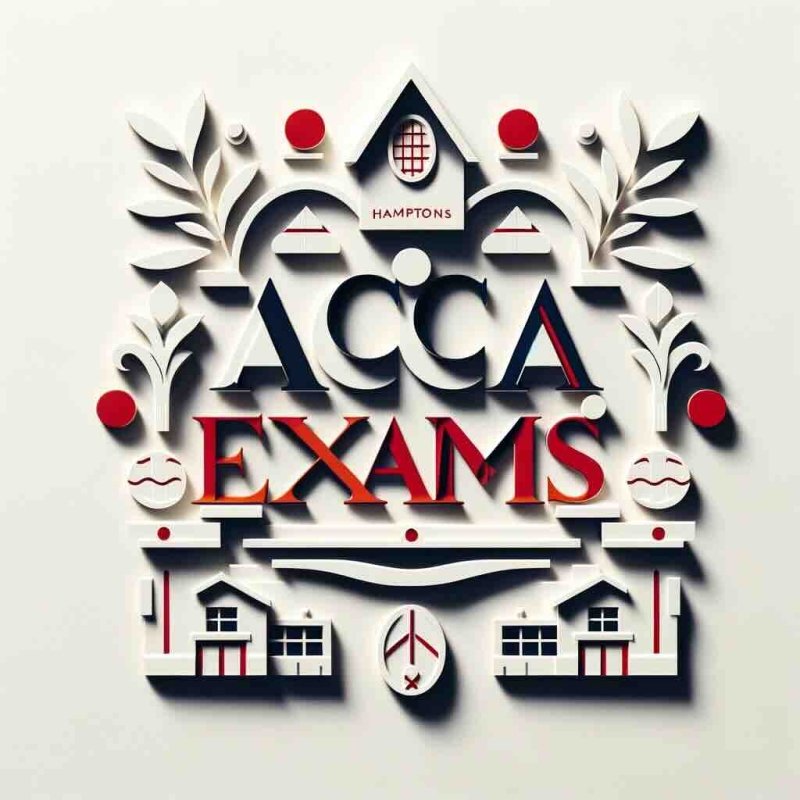ACCA Applied Knowledge level. Papers | Exams | Costs
ACCA Applied Knowledge
The ACCA Applied Knowledge exams or ACCA Level 1 exams are the starting point for many students in their ACCA qualification. This article will provide an overview of the exam, including the exam structure and tips for success.
We will also answer some frequently asked questions about the exam. So, whether you are just starting your ACCA qualification or are exploring ACCA Level 1, this article is for you!
The knowledge level is usually taken by students who have completed the 12th standard exam.
ACCA Applied Knowledge level at a glance
| Topic | Information |
|---|---|
| ACCA Applied Knowledge Exams | - Starting point for many ACCA students. |
| Eligibility | - Typically taken after completing the 12th standard exam. |
| Knowledge Level Papers | - Business and Technology (BT), Management Accounting (MA), Financial Accounting (FA). |
| Course Structure | - Each exam is 2 hours long with two sections (A and B). |
| - Section A: Objective text questions. | |
| - Section B: Multi-task questions related to scenarios. | |
| Exam Format | - Objective questions can be multiple choice, fill-in-the-blank, or drop-down list. |
| Study Approach | - Understand the exam's content and syllabus. |
| - Use ACCA-approved books for technical knowledge. | |
| - Engage in practice and question practice with study banks. | |
| Applied Knowledge Importance | - Foundation for further ACCA exams (Applied Skills and Strategic Professional). |
| - Focus on using numbers for decision-making. | |
| Study Duration | - Typically takes 6 to 12 months to complete this level. |
| - Budget 50 to 75 days per subject for exam preparation. | |
| Exam Delivery | - All exams are computer-based and available on-demand. |
| - Exams can be taken at a center or from home if available in your country. | |
| Total Cost Estimate | - Estimated cost for clearing ACCA Knowledge level: INR 50,000 or 490 GBP. |
What are the three ACCA Knowledge level papers
There are three papers in Knowledge level of the ACCA exams
1) Business and Technology or BT (F1). The subject teaches you all about internal and external influences that affect the business and its environment, including economic, legal, social and technological factors. This is a really important exam because it gives you that understanding to think about how businesses operate, and often, it's a great introduction to the world of finance.
2) Management accounting or MA (F2). This subject gives an understanding of essential introduction to generating and understanding management information right from costing information in behaviour due to budgeting capital investments.
3) Financial accounting or FA (F3). This subject deals with the recording, processing, double entry accounting, accounting techniques, reporting and summarising of business transactions and events. (read our blog on how to pass the ACCA FA exams)
ACCA Applied Knowledge level course structure
Each of the three applied knowledge exams is 2 hours long and will comprise two sections.
Section A will have a series of objective text questions to be answered independently of one another. What it means by that is that they won't be linked. So, for instance, question one won't be tied to question 2, and 2 won't be connected to Question 3 so on and so forth.
Section B exam, we have here what we refer to as the multi-task questions. Basically, you'll see a few scenarios. Within each scenario, you'll have a series of questions that may be connected. As a result, the information you read in the first question may also relate to the information you read in the next question regarding the multi-task requirements.
The exams are tested by way of objective questions. These questions can be tested as either of;
- choosing one or more correct options
- fill-in-the-blank renumber entry question or
- a drop-down list where you might have to select the correct answer
How to study for ACCA Knowledge level?
We break this down into three steps.
Step One. Get to grips with what the exam is about
The first step is crucial in helping you build a high-level overview of the exam so that you can start to get a picture of what it is that you are working towards. To really get to grips with what the exam is all about, you can
- Review the syllabus documents
- Watch the short introductory videos that ACCA have for each exam.
- Download the ACCA essentials on one page; this is an interactive PDF document
Step two - have the technical knowledge under your belt.
You need to understand the technical topics that will be tested within the exams, and we strongly encourage students to study with ACCA-approved books. If you need expert tutor help, we recommend choosing the BPP ACCA online courses.
These pre-recorded lectures covering the entire syllabus can be accessed anywhere in the world. So if your preference is for online learning, this might be an excellent resource to explore.
Students can also read the technical articles for the three subjects
Step three - engage in that practice.
We probably argue this is the most crucial step. It's all about the practice. Passing these exams is not possible if all you're doing is regurgitating knowledge. If you look at the full title of ACCA level 1, they are called applied knowledge.
The emphasis really is on the word "apply". You are tested for your ability to apply the knowledge.
As part of your learning, you must engage in lots and lots of question practice with study bank questions. You also need to prepare for the actual exam. We recommend practicing these questions on software that mimics the actual exams. You can practice these on the specimen exams on ACCA for free.
What are some of the skills and techniques required to scoring heavily on objective test questions?
- Read the requirement first: We always recommend students start by reading the requirement. Still, often, when it comes to objective test questions, your intuition will tell you to start reading from the very top of the questions scenario. Quite often, students get distracted by the scenario. Getting a glimpse of the requirement and reading the scenario will give you a better grip on the question.
- Time management: Knowledge level exams are two hours long. So you roughly get 1.2 minutes per mark. At your study stage, start to practice questions to time and really think about your time management skills; it's gonna be a skill that will really benefit you throughout your later exams as well.
- Attempt all questions: Attempt all questions even if you don't know an answer. There's no negative marking. Especially with the multiple-choice questions, you've got a one in four chance of getting the answer correct, and although we don't often recommend this if you are running out of time or are not sure, make an educated guess. Pick the option that you think seems most reasonable, and move on okay cause there's no negative marking.
- View past paper debriefs. This is a great resource for understanding errors students make in their past papers. You'll be able to build a good exam technique and get a bit of confidence so that you can tackle similar questions if you encounter them in the future
How do the applied knowledge exams feed into the later exams at ACCA applied skills or even strategic?
The exam structure is like building a house. The foundation of the house is so important in keeping the house upright, and the same can be said about these ACCA exams.
The applied knowledge modules are fundamental to the knowledge that is then built upon applied skills and strategic professional exams. Therefore the deeper your understanding of these modules, the better you are going to be able to perform throughout the ACCA exams.
Is maths needed for ACCA knowledge level?
There's no prerequisite knowledge required. An often misconception among students is that all the exams will be numerically intensive. We can't stress enough to say that accountancy does go beyond just the numbers.
A lot of it is about using the numbers to make decisions, so there's a real strategic focus. That is why accountants are so integral to any business because they make for an all-rounded candidate.
The applied knowledge exams, especially financial accounting and management accounting, will have calculations that you need to perform. But they often require very basic mathematical skills like adding, subtracting, dividing and multiplying.
These are skills that you would have picked up in school anyways. A good way to hone these skills is to practice a lot of objective-type questions with your exam kits.
How long does it take to study ACCA knowledge level?
Most students taking our courses and study materials usually complete this level between six and twelve months. Following a dedicated study routine and adopting the tips in this article will help you pass the exams on your first go. You should budget 50 days to 75 days per subject as exam preparation time.
How are ACCA Knowledge level exams held?
All subjects are computer-based exams. The exams are on-demand and can be taken either at a centre or from home if its available in your country.
You can take on-demand exams at any time throughout the year, and your results will be available immediately. To book an on-demand centre, students need to contact the centre directly to schedule and pay for the exams.
What will be the total cost of clearing the Knowledge level exams?
The cost of clearing the ACCA knowledge level is estimated to be around Rs. 50,000 or 490 GBP.
The cost assumes you pass the ACCA exams in one sitting and cost of ACCA-approved books and online course.
Exam fees varies marginally by country.
The tables below give you an estimate of costs from your starting point for India.
| Costs | Amount |
| Tuitions and study materials (BPP/KAPLAN with online course) | 23K INR or 230 GBP |
| Exams and assessment fees | 27K INR or 260 GBP |
| Total | 50K INR or 490 GBP |
The ACCA Applied Knowledge or Level 1 exams will test your understanding of basic accounting and business concepts. To be successful in these exams, it is essential to have a strong foundation in the subject matter.
Our team can help you build this foundation with our selection of books and courses. We also answer some frequently asked questions about the exam so that you can be fully prepared when sitting for the exam. Contact us today if you need any assistance!!
Knowledge level. Questions? Answers.
In fact, it gets easier when you are doing a job. The exams are called Applied Knowledge exams. You need to apply your knowledge to the exams. Suppose you are working in an accounting role. In that case, many work roles will translate into theory and your ability to understand concepts will be far more manageable.
The exams for the knowledge level change every September and are valid for one year. If you are taking your exams after September, we strongly recommend studying with the updated study materials
If you can meet the pre-booking requirements of ACCA . Remote exams offer increased convenience, flexibility and comfort. Find out what exam options are available in your location on ACCA site.
Both BPP and KAPLAN are ACCA-approved books.
As a thumb rule, if you need easy language start with KAPLAN, if you need more conceptual knowledge, go for BPP.
It is also a great idea to pair the KAPLAN study text with BPP practice & revision kits. This will give you clarity on concepts and plenty of tricky practice questions.
If you have a strong base in accounting and have a passion for tallying your balance sheet, you can use the BPP books and KAPLAN exam kit.
On the other hand, if you lack conceptual clarity on bookkeeping, we recommend using the free ACCAX lectures first to gain conceptual clarity. Subsequently, take a BPP online course on F3 to help you go through the syllabus in detail.
The price of the ACCA study materials for knowledge level differs on the format and the publisher. The price estimates are
Ebooks set of 2 books
BPP - approx 1850 INR to 1950 INR
KAPLAN - approx 2900 INR to 3100 INR
Paperback set of 2 books including shipping
BPP - approx 2900 INR
KAPLAN - approx 3800 INR
Yes you can become a member of the Chartered Accountants Australia and Newzealand once you fulfil the following criteria.
1) You are residing in Australia or Newzealand
2) Submit a Letter of Good Standing from ACCA. The letter must be dated within 3 months of the date of your application
3) Have at least 5 years of work experience in finance and accounting post admittance to ACCA. This must be backed by your employer's attestation.
4) Two CA references from CA ANZ Members
CPA Canada signed the Mutual Recognition Agreement (MRA) with ACCA (the Association of Chartered Certified Accountants) in 2011.
In 2020, CPA Canada activated the withdrawal from the existing MRA because it intended to agree to a fresh MRA with ACCA. The withdrawal of the MRA is applicable from April 30, 2021.
No new timelines have been given for when the new MRA will come in.
We would advise Indian CA's to apply using the MRA with CPA Canada directly rather than the ACCA route












Leave a comment